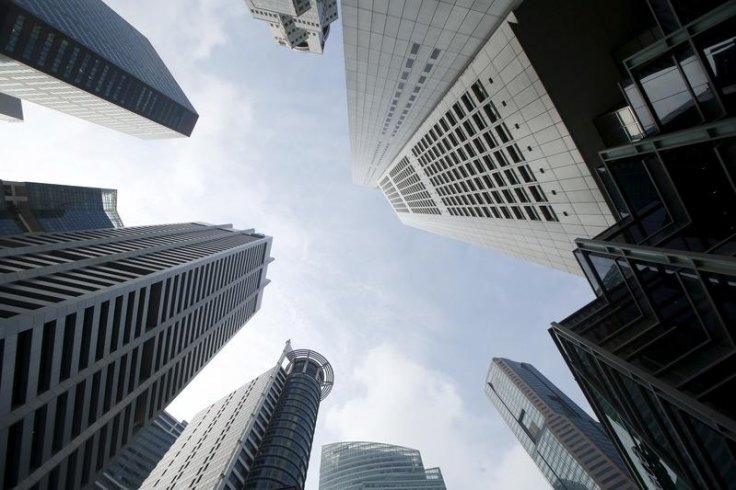
Majority of companies in Singapore have scored well in a cyber threat exposure study conducted by a cybersecurity firm. In fact, Singapore is ranked third in average cyber exposure at a country level among 11 markets examined.
A study by cyber intelligence firm Kinkayo reveals that more than 60 percent of companies in Singapore have little or no cyber exposure. In what it calls the first Cyber Exposure Index (CEI), Kinkayo collects data from publicly available sources on the dark web, deep web and data breaches.
Also read: Singapore academy for cybersecurity professionals under works
Companies are ranked according to the findings and risks it represents based on sensitive disclosure, exposed credentials and hack group action against a company, it explains.
There are a total of 723 listed companies in the city-state. Leading the pack of countries having maximum cyber exposure is Hong Kong, followed by Australia. Rounding up the top 10 are, in particular order, Malaysia, Indonesia, United Kingdom, Germany, Sweden, South Africa, France and Finland.
Also read: Cybersecurity expert fears deadly impact of smart car hacking
The most exposed companies are Singapore Telecommunications, DBS Group Holdings, Oversea-Chinese Banking Corp, Mandarin Oriental Intl Ltd, Singapore Press Holdings Ltd, Sia Engineering Co Ltd, Olam International Ltd, StarHub Ltd, United Overseas Bank Ltd, Singapore Tech Engineering and Overseas Education Ltd. These companies fall under CEI's category 4 where 0 means no exposure and 5 means the highest exposure.
Kinkayo president and chief executive officer Mikko Niemela says more than 6 in 10 listed companies in Singapore have been taking the right measures to protect their organisations from cybercriminals.
"By understanding where critical information is stored, from where is it leaking and how it is exposed, companies greatly mitigate the impact of a cyber attack," says Niemela in a statement.









